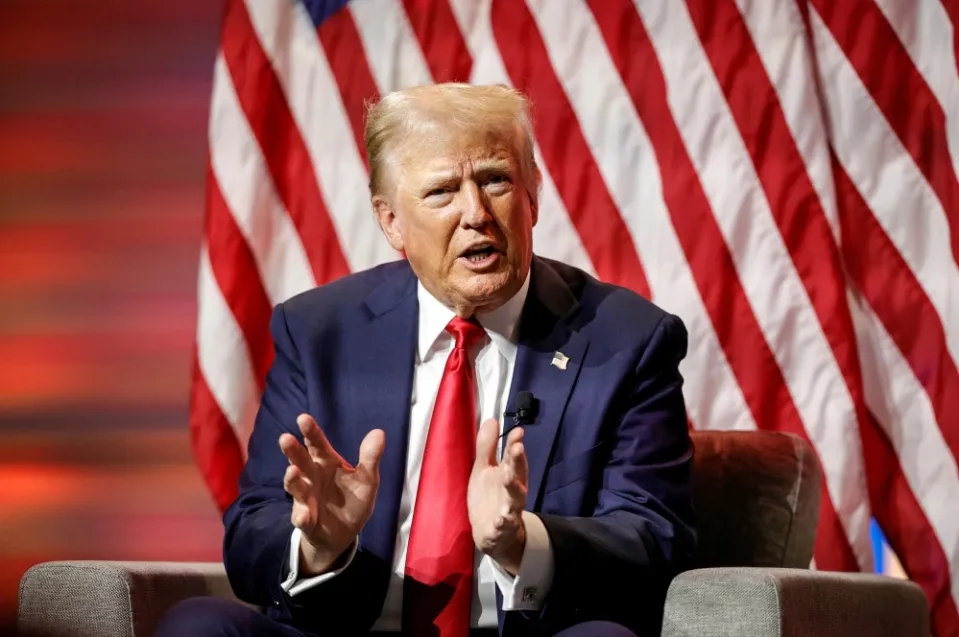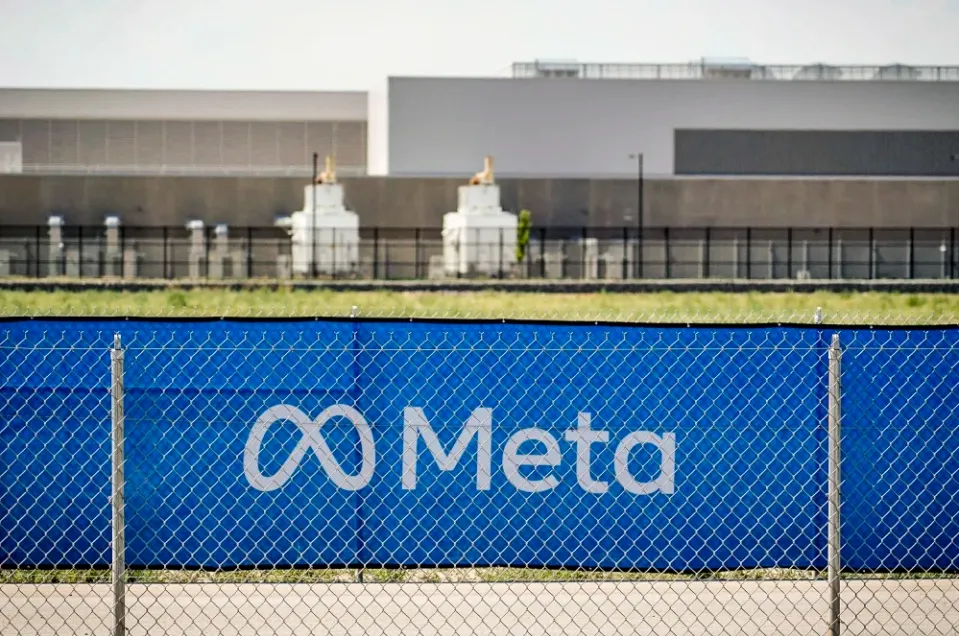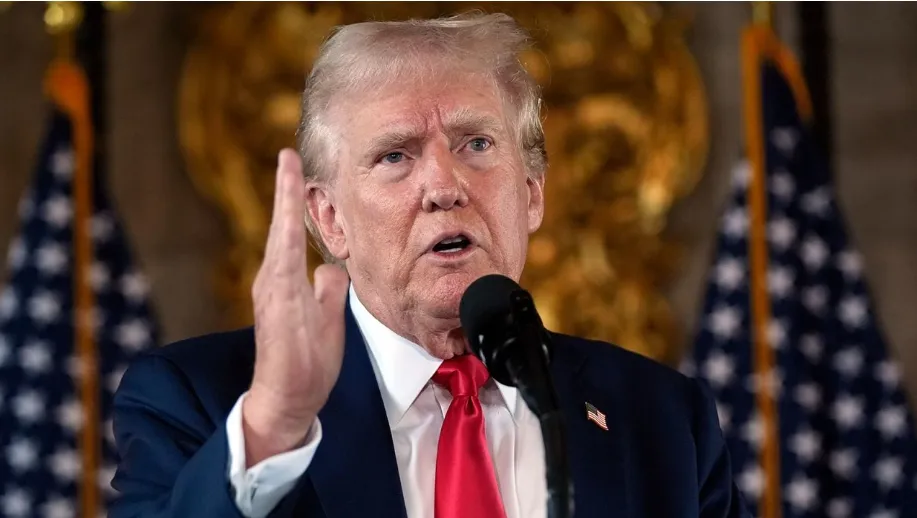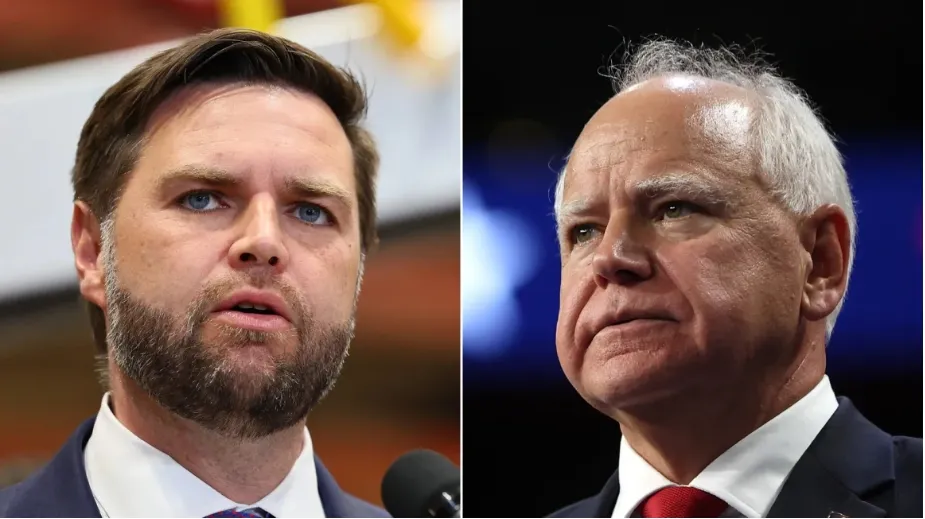On the evening of August 12, billionaire Elon Musk conducted a two-hour live interview with former U.S. President Donald Trump, the Republican presidential candidate. The interview was streamed on Musk's social media platform X (formerly Twitter) and attracted around 1 billion views.
This conversation marked yet another unusual development in the already unpredictable U.S. presidential campaign in recent weeks, which has included an attempted assassination of Trump and President Joe Biden’s sudden decision to halt his reelection bid.
Trump is struggling to contend with the promising new Democratic candidate. During their conversation, Musk even suggested that Trump should present stronger arguments against Kamala Harris.
Throughout the dialogue, Musk clearly expressed his support and desire for Trump to regain the presidency in the upcoming election, stating, “You are the path to prosperity.”
With his social media influence, Musk brought a massive audience to the Republican candidate at a time when Trump’s campaign is facing its toughest challenges yet. He predicted that at least 100 million people would continue to seek out content in the days to come.
Of course, the intimate exchange between the world’s richest man and the former president also highlighted the benefits each gained from the interaction.
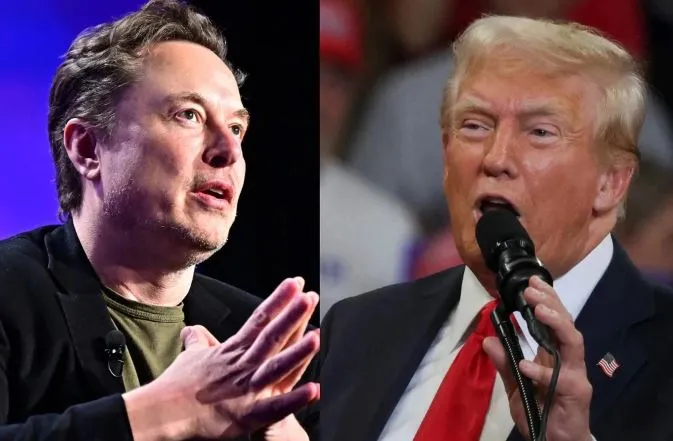
Firstly, Musk leveraged the conversation to discuss potential conflicts of interest between business and policy. His companies, including SpaceX and Tesla, could be significantly impacted by changes in government policy. Clearly, no ordinary American would have the opportunity to be heard by a future president in such a manner.
At one point, Musk even suggested he could take on a role in the U.S. government, possibly as a member of an agency focused on streamlining the administrative apparatus. Trump seemed intrigued by this idea, noting that Musk would be a “great cost-cutting expert.”
Conversely, Trump also benefited greatly from his “investment” of over two hours. Musk did not question the former president about any of the controversial statements he had made, such as predicting that 60 million undocumented migrants would enter the U.S. if he lost in November.
During their discussion, Musk downplayed the threat of global warming while defending his electric vehicle empire. Trump, for his part, warned about the danger of “nuclear warming,” which he claims poses a greater risk than global warming.
This conversation clearly illustrates how the presidential race is increasingly influenced by media, amidst the decline of traditional journalism. Trump might not have become president without Twitter, as his rise as a political force in 2016 coincided with the platform's golden era.
